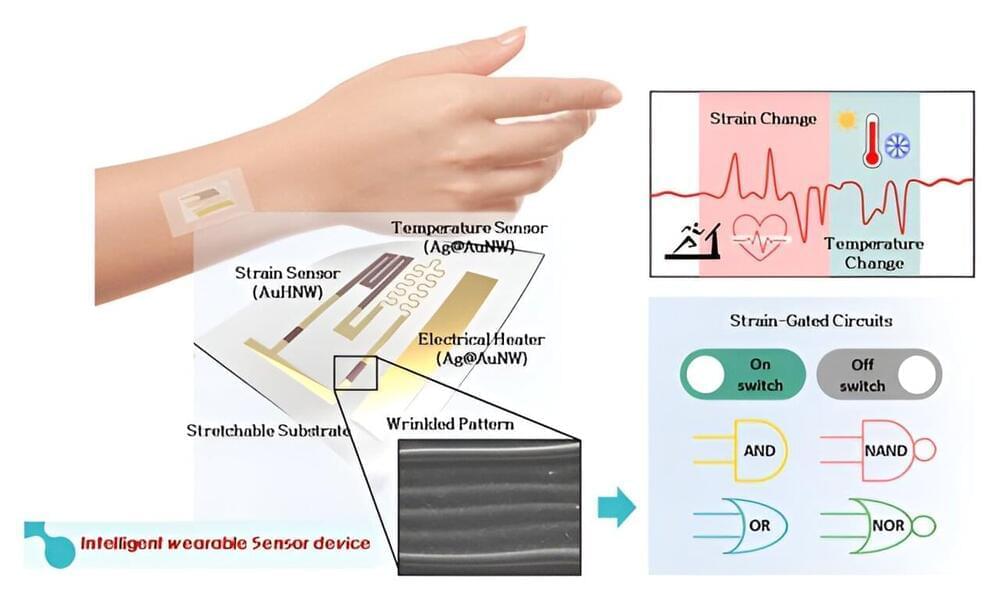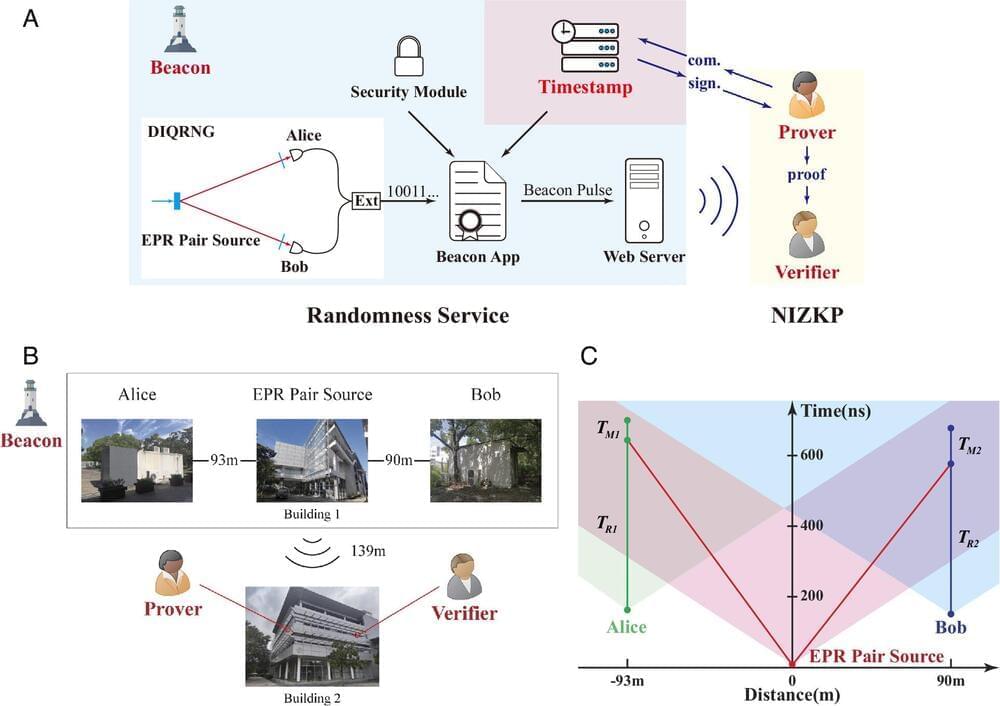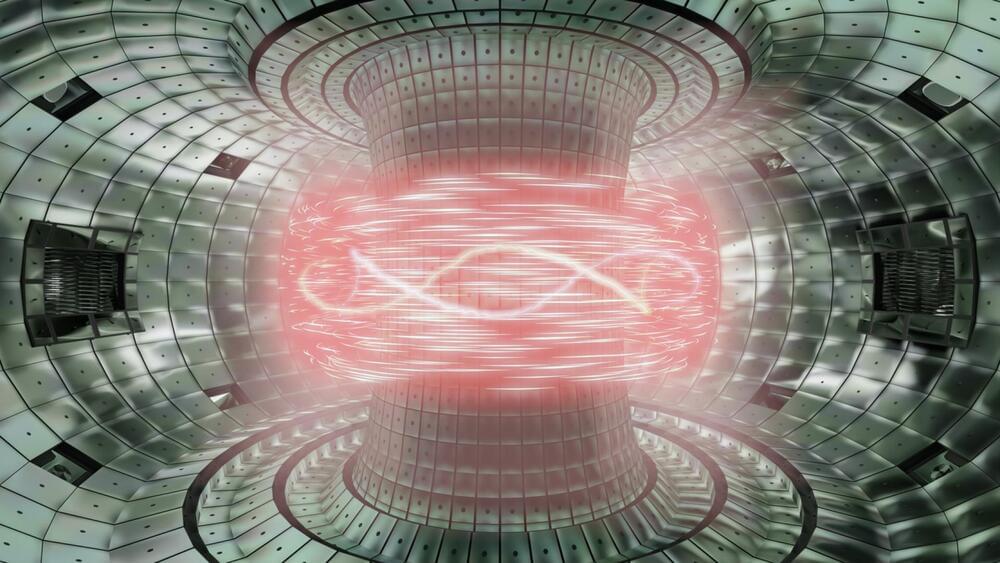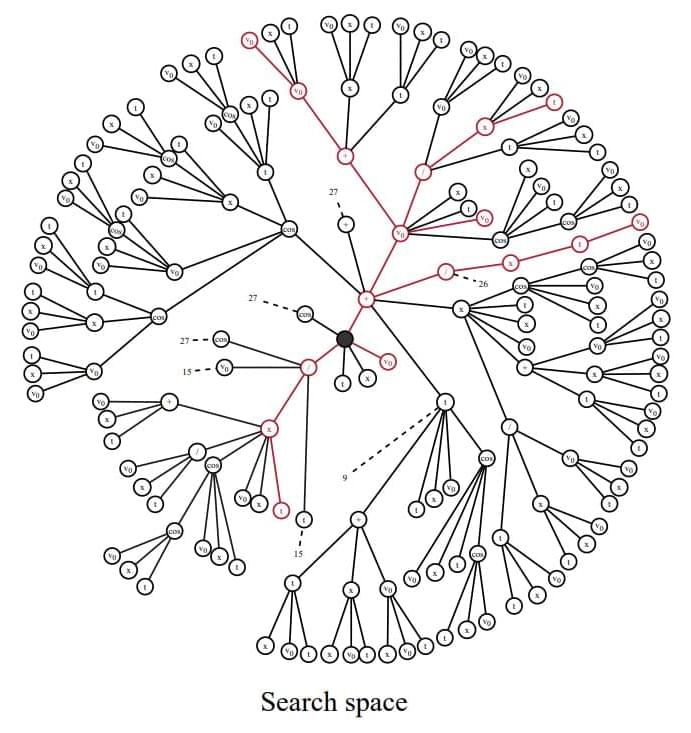At an MIT event in March, OpenAI cofounder and CEO Sam Altman said his team wasn’t yet training its next AI, GPT-5. “We are not and won’t for some time,” he told the audience.
This week, however, new details about GPT-5’s status emerged.
In an interview, Altman told the Financial Times the company is now working to develop GPT-5. Though the article did not specify whether the model is in training—it likely isn’t—Altman did say it would need more data. The data would come from public online sources—which is how such algorithms, called large language models, have previously been trained—and proprietary private datasets.





